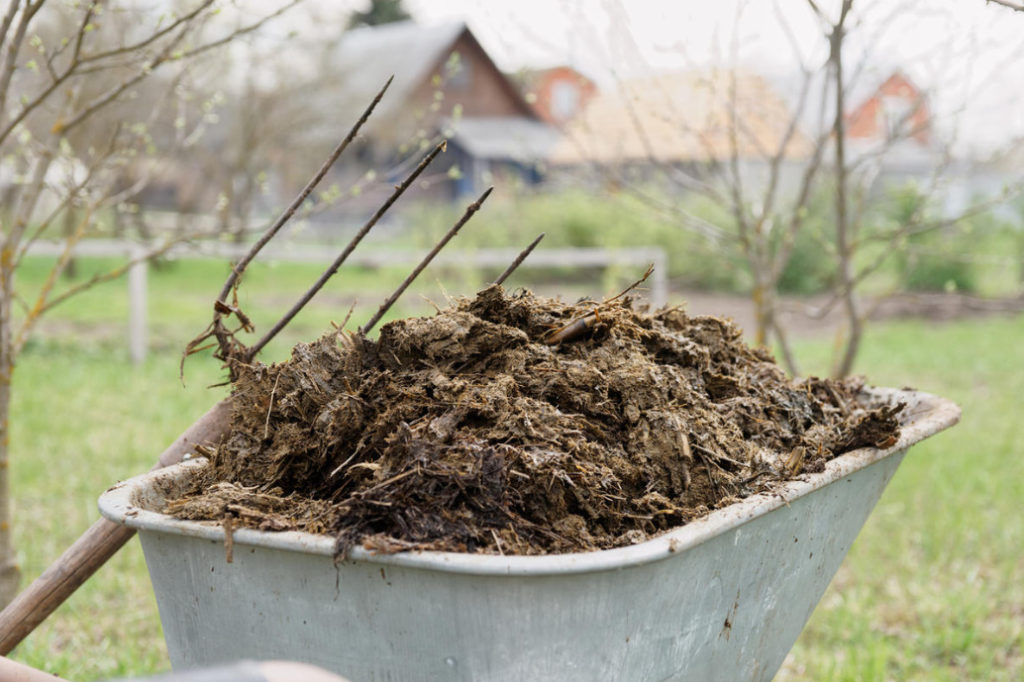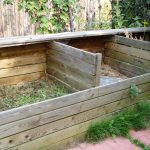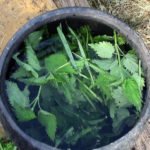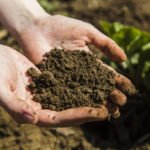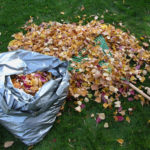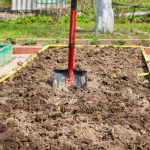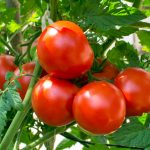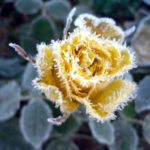Manure for each summer resident is a great value. From this natural product, you can prepare the best organic fertilizer, which will not refuse to eat any cultivated plant. But sometimes, instead of the expected benefit, “brown gold” does harm and adds to the gardener’s problems.
Value of manure
One of the founders of agronomic soil science V. R. Williams was famous for his pedagogical talent and ability to explain to students the truisms “on the fingers”. First of all, he led his trainees to a pile of manure, took a stick and with great pleasure stirred the contents, saying: “Oh, he would eat, but the plants need more!”.
It is due to the high nutritional value for plants feces of livestock and poultry have long been used in agricultural activities and are no less popular among Amateur gardeners. After the manure is infused, it will contain most of the periodic table: in it present not only famous Troika nitrogen-phosphorus-potassium, but and mass other minerals from calcium and magnesium until boron and molybdenum. That is why all garden and vegetable crops respond so well to this treat.
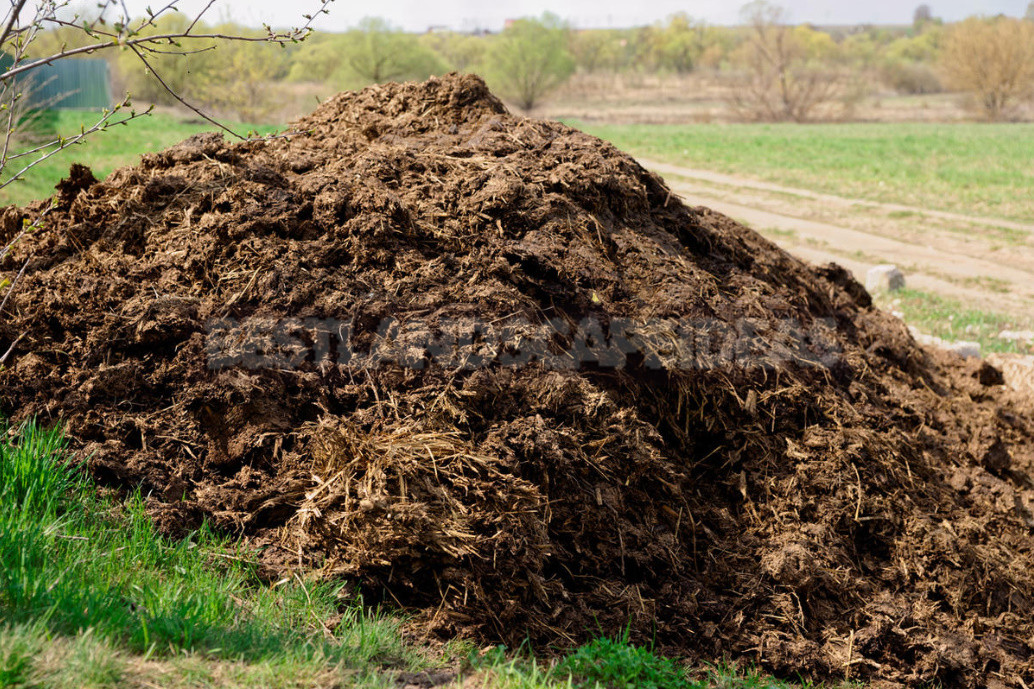
However, often in the hands of inexperienced summer residents, manure turns not into a valuable fertilizer, but into a real evil, from which both plants and the would-be gardener himself begin to suffer.
If you hurry, you’ll make your neighbors laugh
Novice gardeners learn only one thing: manure is very useful for plants. To go into details lack of time-I want as quickly as possible to feed their green Pets this delicacy. They come to their senses after they have introduced fresh manure into the soil and destroyed the cultural plantations.
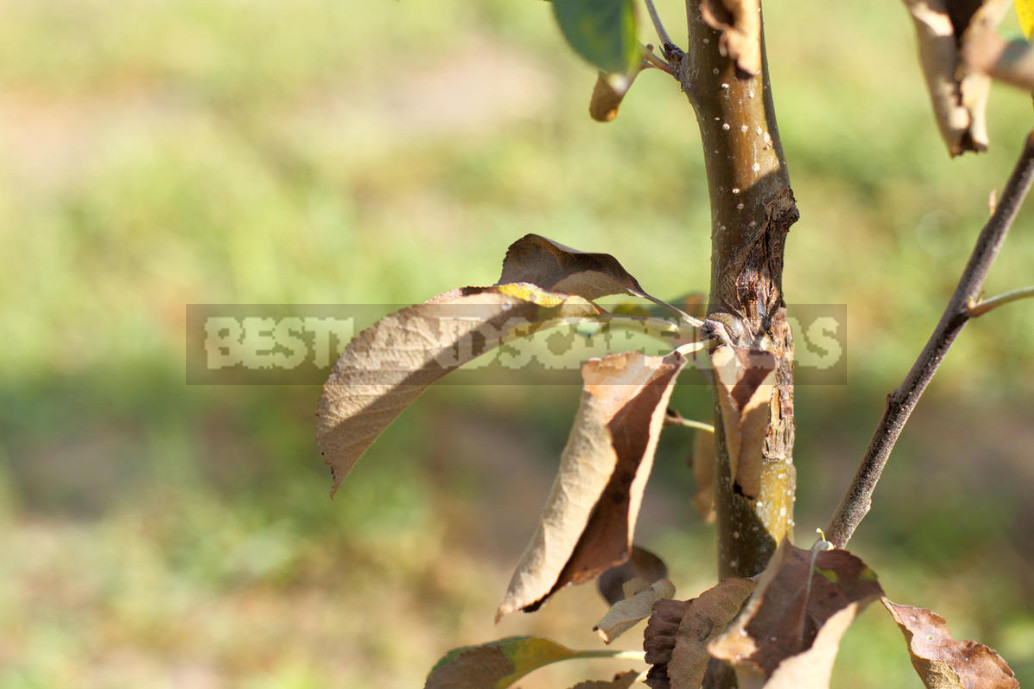
The main components of fresh manure are nitrogen, potassium and methane. They warm up the fecal mass to +60…+80°C, so when applied to the soil, such organic matter literally burns the root system of plants. The more fresh manure to close up in a root layer of this or that culture, the quicker it is possible to achieve its death.
Nitrates: from manure to plate
Other gardeners wait patiently for the manure to infuse, and then begin to use it with incredible diligence, believing that the porridge oil will not spoil. Especially this sin comrades who have just begun to learn the basics of organic farming and assign this natural fertilizer a primary role in maintaining soil fertility.
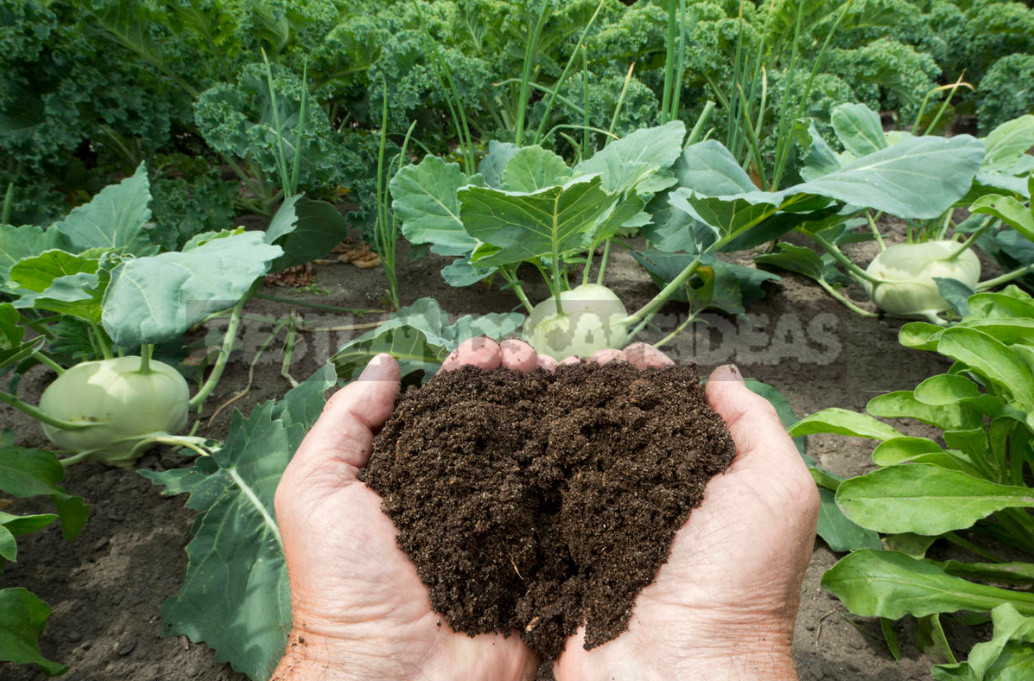
With uncontrolled use, this highly nutritious product becomes no less evil than mineral preparations, about the harmfulness of which the adherents of organic agriculture broadcast on business and without business. Excessive doses of humus saturate the soil with nutrient compounds, which leads to the accumulation of nitrates in vegetables and fruits. In such conditions, it is no longer necessary to speak about the environmental friendliness of the crop grown with their own hands.
Manure as a source of infections
Veterinarians from one corner of the country, then from another scare us with another epidemic that has killed livestock or poultry. The causative agents of these infections are present in the feces of sick or ill animals. But even the excrement of healthy cattle is often a source of infection, and helminthiasis comes first.
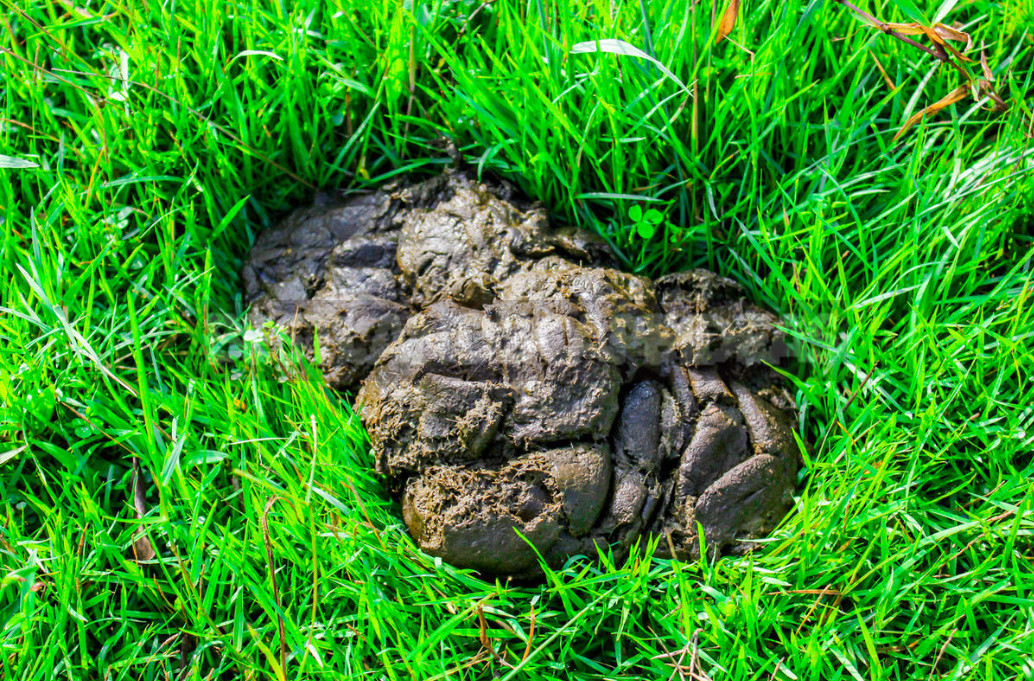
Germs from contaminated manure into the soil can be carried long distances by insects and groundwater, causing new outbreaks of animal disease. Some of these infections are dangerous for humans.
Sour wish?
Fresh manure is devoid of calcium, but it is full of nitrogen, so it can effectively acidify the soil. Making 1 m² only 3 kg of fresh “gold”, you can reduce the pH level of the soil by a whole unit. However, cultures that prefer sour, you can count on your fingers.
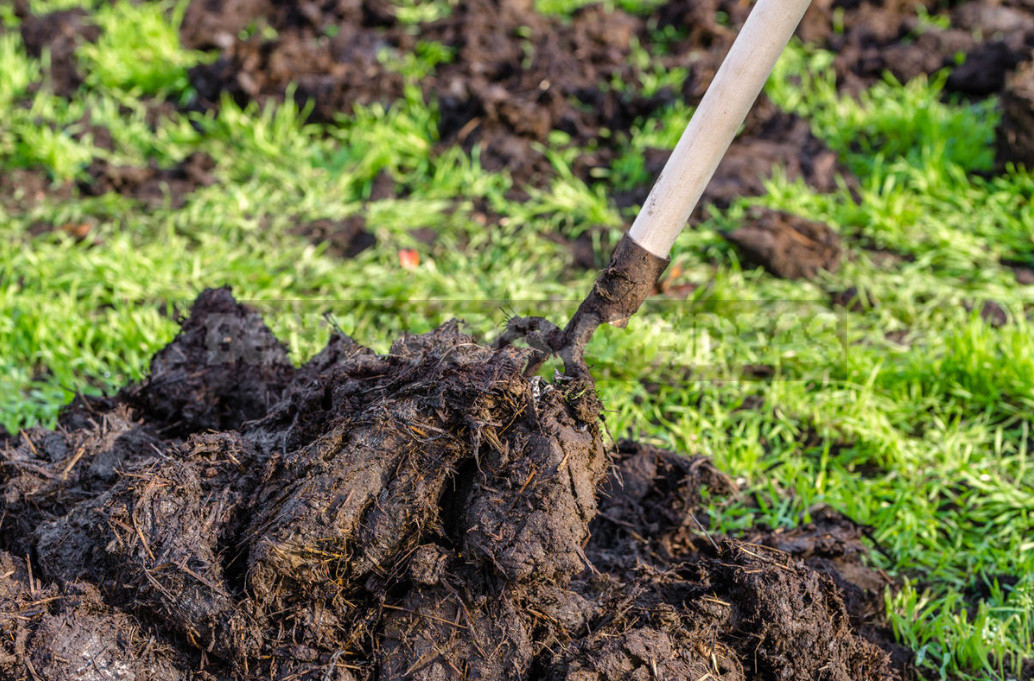
Gardeners who try to use fresh manure wisely (for example, as biofuel for greenhouses and warm beds), often forget to smooth out the harmful effect of deoxidizer. In the end, planted on a row of plants instead of actively grow and bear fruit abundantly, turn into sick goners.
Bought manure-whet hoe
If you are going to use in the garden and in the garden feces of livestock and poultry, it is not superfluous to remember that these animals are mostly herbivorous creatures. Eating grass, they will not spit out the seeds, and with great pleasure they will swallow them without bothering to chew. Having passed through the digestive tract of the animal and again found themselves at liberty, the seeds of weeds as if nothing had happened continue their cycle of development and immediately germinate.
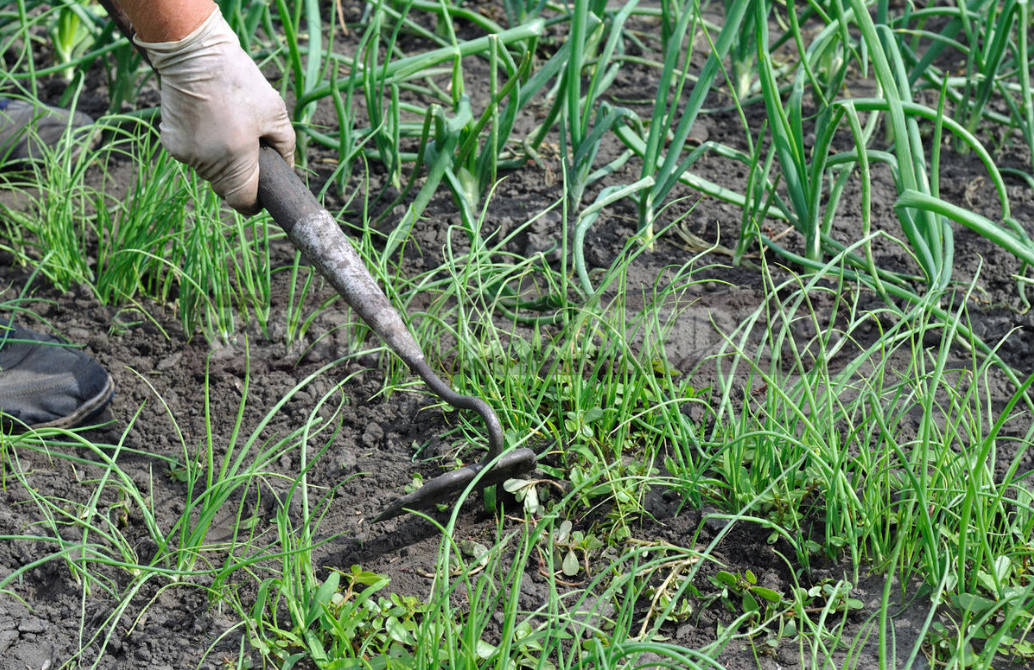
Moreover, the gastric juice of animals acts as a kind of growth stimulant-it breaks down the shell of seeds, as a result of which they start growing much faster than usual. Therefore, the introduction of manure into the soil often makes the gardener often take up the hoe and free the site from new green invaders.
Mole cricket, welcome!
Residents of those areas where atrocities mole cricket, is familiar with her reverent love for manure. Just built on the site of a manure pile individuals of this pest smell a mile away and go straight to the new home from the neighboring possessions. Fell in love with the manure of the bear due to the abundance of food and a comfortable temperature, which is maintained for a long time in a pile.
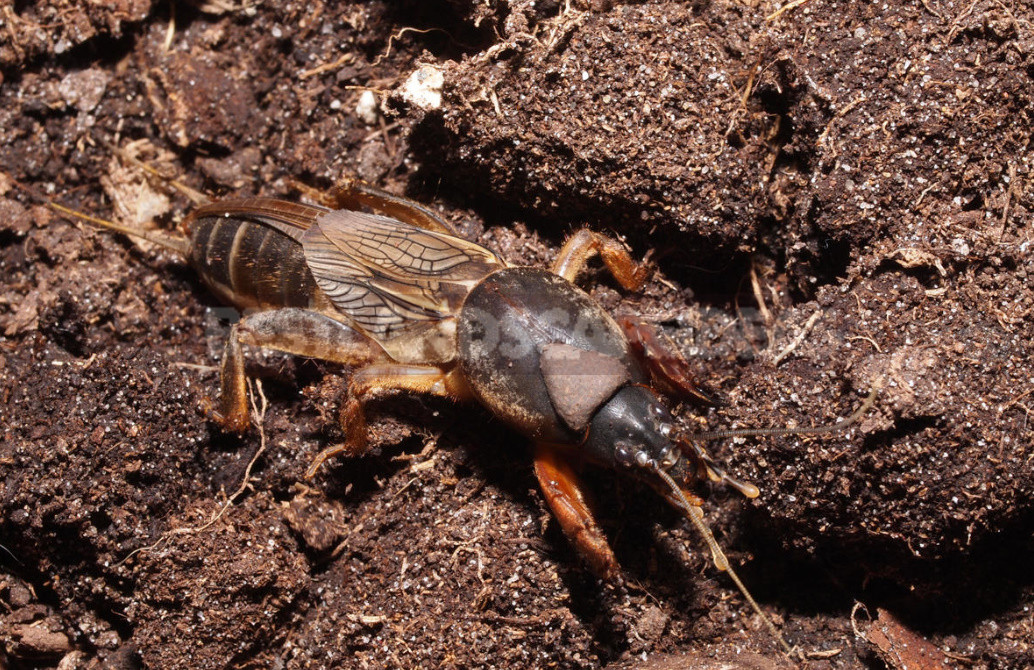
If you are not yet familiar with this “beast”, the dung heap will help to bring the meeting closer. To do this, you just need to buy manure in an untested place.
From harm to good
The above “horror stories” do not mean that you should immediately abandon the use of manure on your site. But “brown gold” obliges gardeners to act on the principle of ” forewarned is forearmed.” To deploy dung medal face to yourself and to achieve maximum benefit from it in the garden and in the garden, follow the following rules.
1. Purchase manure only in approved locations
In this case, word of mouth just need to listen carefully. Before buying a product (which, by the way, is not cheap today) be sure to conduct a survey among your friends and neighbors in the country and find out their opinion about the quality of manure purchased in a particular place. So you will save yourself from unnecessary acquaintance with the bear and get at the disposal of this “gold”, and not a machine of forest land, in which the suppliers added a couple of cow cakes for decoration.
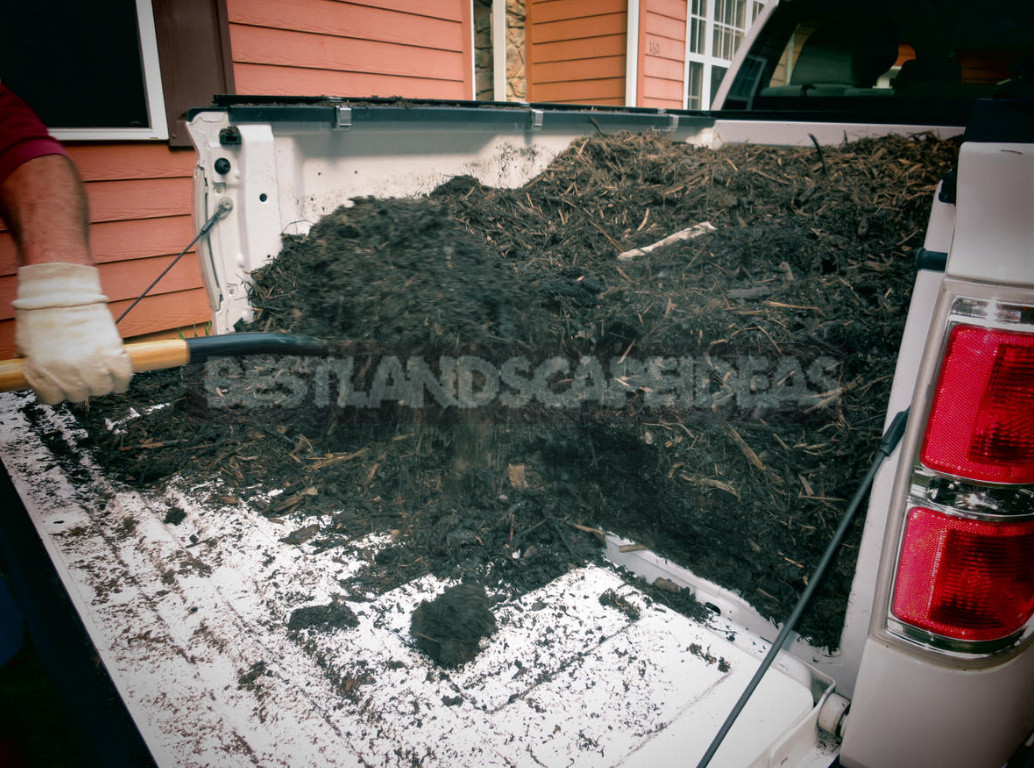
2. Feel free to check the documents
A bona fide supplier of manure, as well as a seller of any other goods, must have appropriate documentation confirming the high quality and safety of their goods. In the case of manure, you must at first request provide veterinary accompanying documents of the established sample, confirming that the product is obtained in a safe economy from healthy animals.
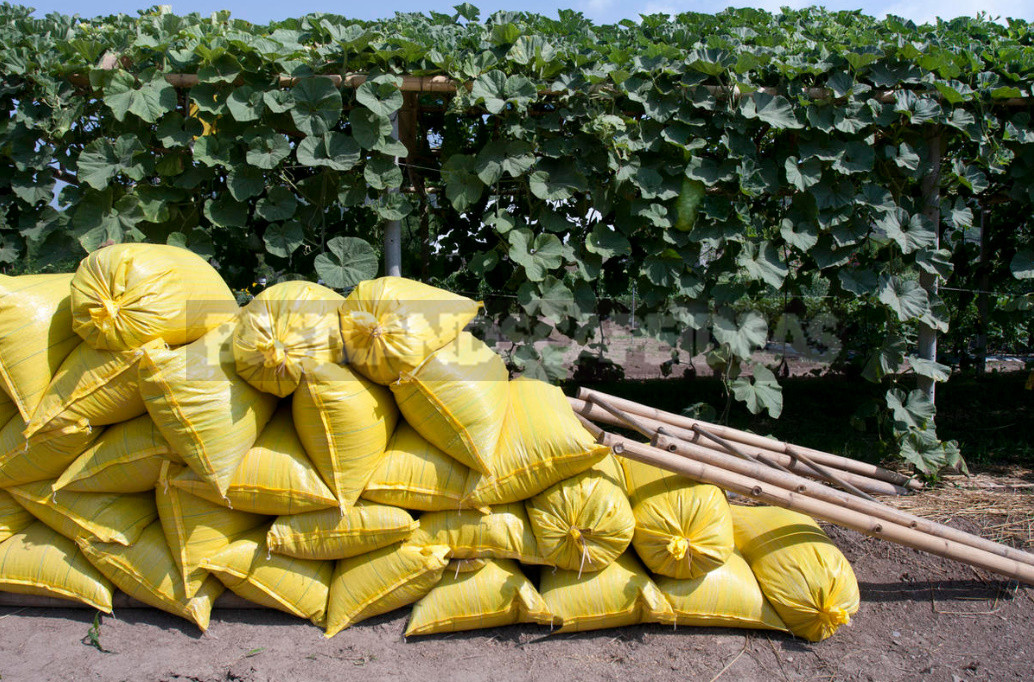
3. Keep an eye on the health of animals
If you live in a rural area and keep livestock and poultry, you get the opportunity to use manure of your own production. But this does not relieve you from the responsibility to closely monitor the health of animals, regularly invite to the vet’s examinations, carry out preventive vaccinations for Pets and dispose of the excrement of sick or ill cattle and poultry.
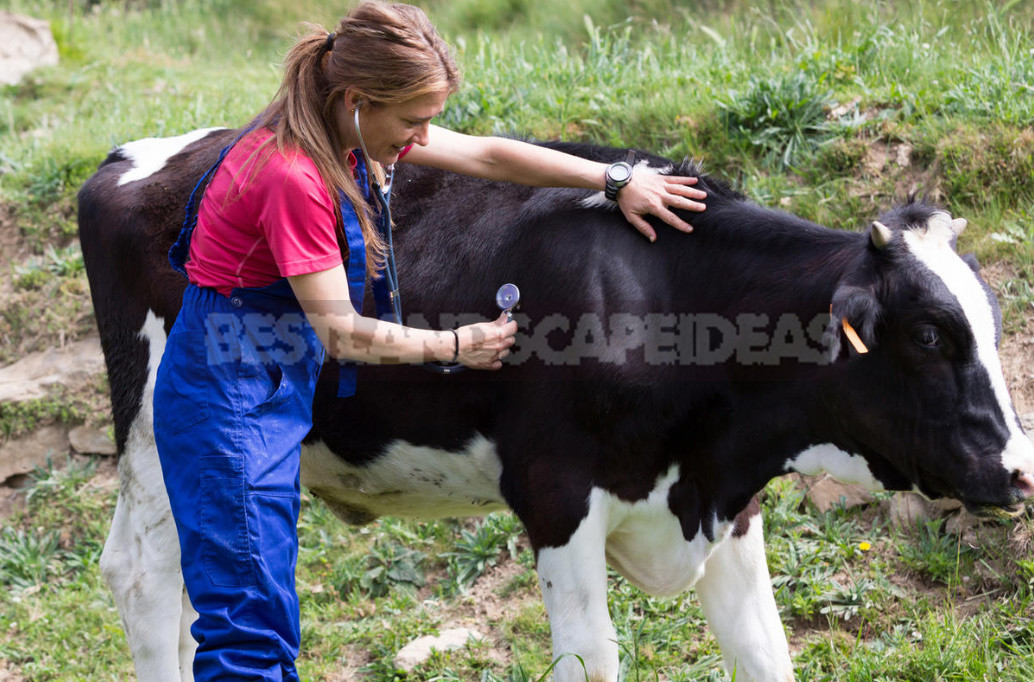
4. Use fresh manure correctly
Building a warm bed in a greenhouse or open ground and using fresh manure for its “heating”, do not forget to add lime, wood ash, dolomite flour or other deoxidizer to the filling, especially if the soil on your site is acidic. If you can not wait to treat plants with fresh “gold”, you can prepare a solution of mullein (1: 10) or bird droppings (1: 15) and 2-3 times to carry out such nitrogen fertilizing in the spring and in the first half of summer.
5. Observe the measure
You will achieve a more valuable effect if you compost fresh manure in combination with other organic matter and, after keeping it in a compost box for 2-3 years, fertilize cultivated plants with ripe humus. During this time, pathogens and most of the weed seeds will die, dangerous ammonia and methane will be removed, and the contents will be enriched with the maximum amount of minerals. To maintain fertility, it is enough to introduce humus into the soil 1 time in 3-4 years, 3-4 kg per 1 m², increasing the dose to 6 kg on poor soil.
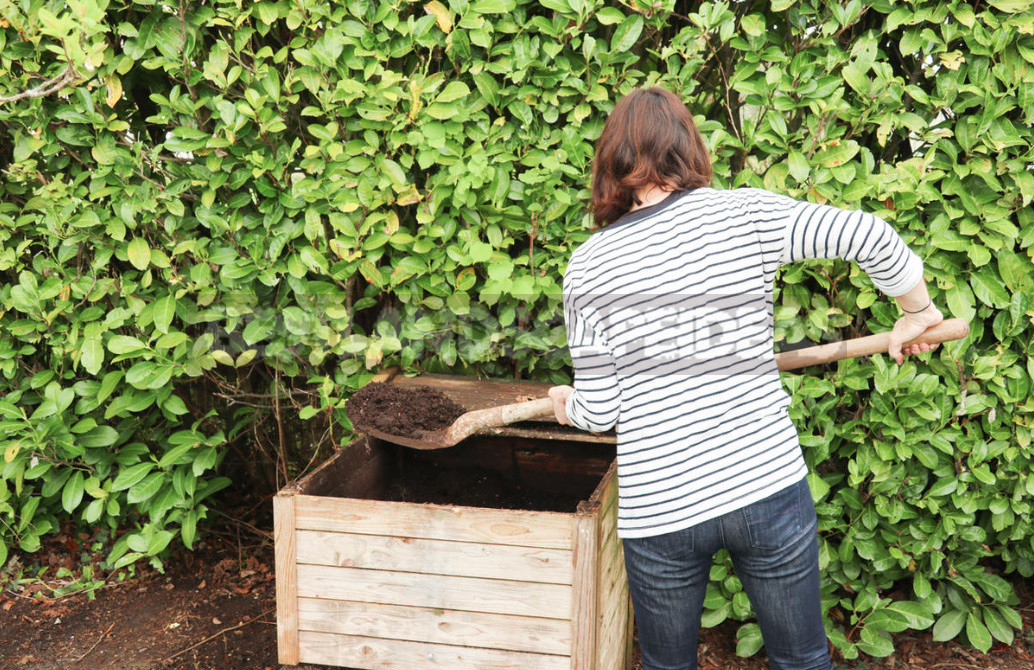
Manure is not for nothing called “brown gold” — this natural product stands out among other organic waste unprecedented nutritional value and can act as an excellent fertilizer for garden and vegetable crops. By taking precautions and using manure wisely, you will minimize all its shortcomings and will receive a generous and environmentally friendly harvest every year.
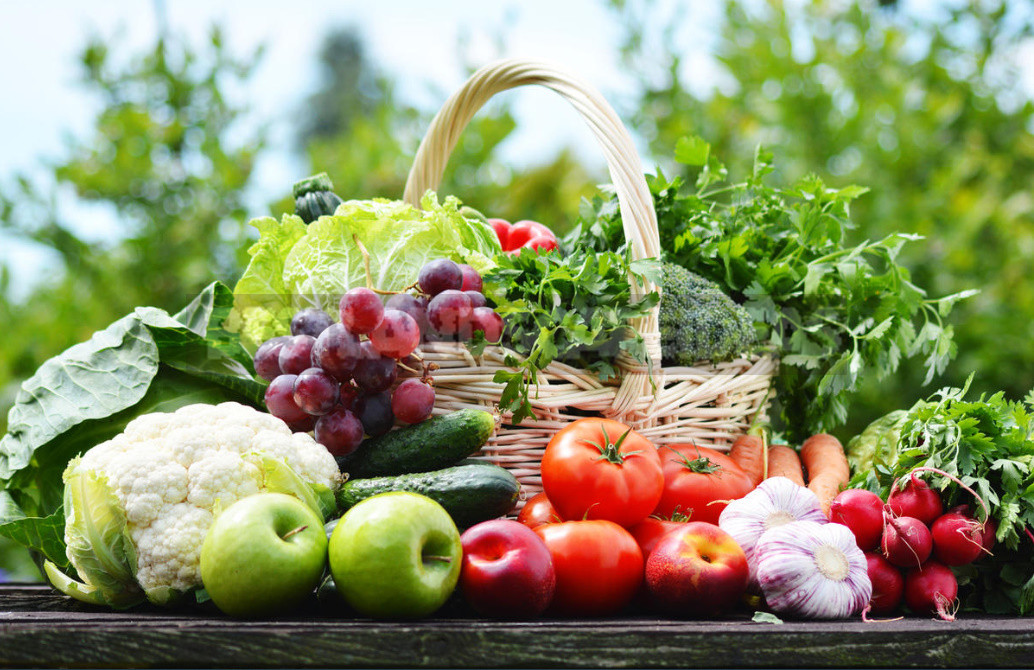
Dear readers, tell us in the comments about your experience in the use of manure in horticultural activities. Have you ever had to face unpleasant consequences from the use of this product? How did you solve the problem and what conclusions did you draw? We are very interested in your opinion.
